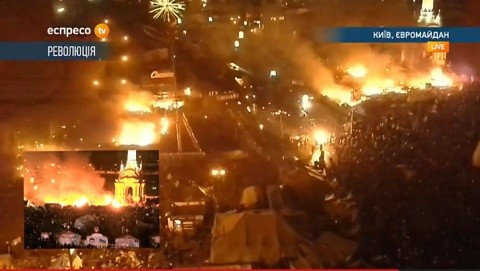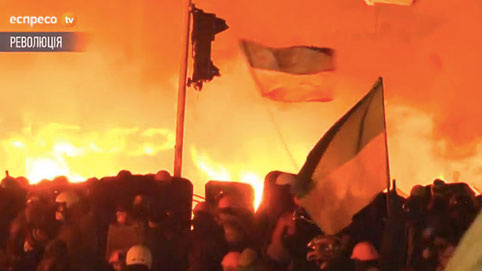The news of Kiev's carnage echoed in Bulgaria with particular strength. For months many Bulgarians have been wondering in horror what would have happened to their country if the EU entry was still only a prospect. And with good reason.
The news of Kiev's carnage echoed in Bulgaria with particular strength.
For months many Bulgarians have been wondering in horror what would have happened to their country if the EU entry was still only a prospect.
And with good reason.
On many occasions, even after its accession to the European Union in 2007, Bulgaria has bowed to Moscow's demands in a scandalous and sneaky manner.
But the picture is not that black and white.
The violence in Kiev laid completely bare not only the brutality of Russia's hard power and guerrilla warfare tactics, but also the limits of EU’s soft-power diplomacy.
It is astonishing that twenty years after the collapse of the Soviet Union, Ukraine was slipping back under Kremlin control.
It is also astonishing that seven years after accession, Bulgaria has completely lost sensitivity to Brussels and rulers hardly notice the criticism coming from there.
Playing carrot and stick doesn’t seem to work not only when dealing with powers like Russia.
Yet it is namely because of the violent clashes that we all were reminded of what Europe originally stood for.
Bernard-Henri Lévy said it best as he spoke on February 9 to the crowd gathered in Kiev's Independence Square, known as Maidan.
“Not the Europe of accountants, but the Europe of values. Not the Europe of bureaucrats, but that of the spirit. Not the Europe that is tired of itself, that doubts its mission and its meaning, but an ardent, fervent, heroic Europe.”


